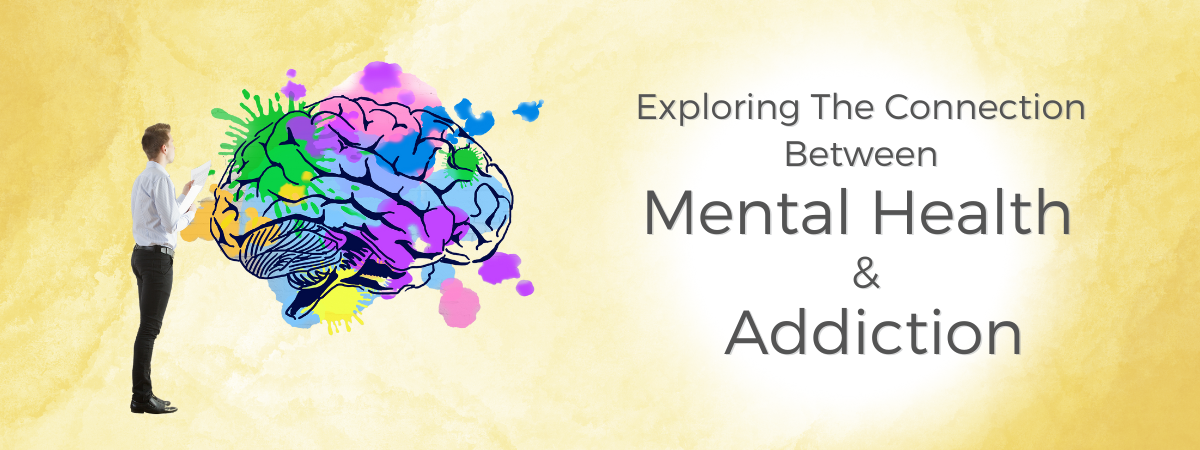-500x188.jpg?t=1730916637)

Is There A Connection Between Mental Health And Addiction Near Boston?
Have you ever wondered what triggers substance use disorders (SUD)? Understanding the answer could enable us to prevent and address these disorders. The good news is, current research is helping us understand substance use and handle it better. Recent studies have discovered a compelling bond between substance use and mental illness. If you grapple with a SUD, you may also have a co-occurring mental disorder. With this insight, you can pursue more worthwhile treatment that addresses both mental health and addiction near Boston.
What’s The Connection Between Mental Health And Substance Use Near Boston?
In a recent report, the Substance Abuse and Mental Health Services Administration (SAMHSA) calculated that around 17 million adults in the US experience both a mental illness and a SUD. They also learned that adults and adolescents with mental illnesses were more inclined to consume addictive substances. This data reveals a noteworthy connection between mental health and substance use in Boston and the rest of the nation. But how can mental health disorders lead to substance use?
How Does Mental Illness Result In Substance Use?
It’s well known that mental disorders can be challenging to live with. When not treated adequately, your disorder can have you feeling confused, frightened, angry, and miserable. You might even feel some debilitating physical symptoms. This will happen whether you have been officially diagnosed with a condition or do not realize you have one.
If a mental disorder makes your life challenging, it’s understandable you may have been pushed to consume dependency-causing alcohol or drugs to manage. The chemicals leave you feeling better for a brief period. They might provide a “high” that feels good or dull the discomfort you experience. When using, you could feel more balanced and productive.
When you take dependency-causing substances to handle the symptoms of a mental health condition, it is called self-medicating. You could utilize these substances to feel temporarily at ease, more focused, or less troubled. You could also use them to relieve physical ailments. Self-medication involves consuming substances not ordered by a doctor, such as alcohol or illicit drugs, as well as excessive use or misuse prescribed medicines.
Self-medication usually commences inadvertently. Overindulging in alcohol or excessively using drugs seems like a reprieve and a way of coping with reality. Unfortunately, it’s difficult to quit ingesting something that makes you feel better. Your brain and body become dependent on those chemicals, and you are unable to function without them. What follows is an endless loop of self-medication that can spiral out of hand and lead to destructive and hazardous behaviors.
Grasping the origin of your substance use gives you a starting point for recovery. Once you comprehend that mental illness exists at the core of your drug or alcohol use, you can address both and have a greater likelihood of recovery.
Does Substance Use Influence Mental Health Too?
The influences of mental illnesses and substance use disorders can be cyclical. The chemicals in addictive substances change neural pathways. They can cause or worsen mental illnesses. The distress of losing your life to addiction may also prompt mental conditions like depression and anxiety. As a response, you might depend on alcohol and drugs even more to cope, and the cycle repeats.
Why Manage Mental Health And Addiction Together?
Dealing with a substance use and mental illness might feel intimidating, even impossible. But delving into the root of your substance use is essential for enduring recovery. Once you recognize what co-occurring disorder caused your drug or alcohol use, you have a great foundation for treatment. Addressing mental disorders with therapy and medication gets you in a better frame of mind for refraining from addictive substances. Various skills you develop in therapy for managing mental health will help you remain sober, too. You’ll enjoy more success navigating your addiction when you address any underlying mental health issues first.
Find Treatment For Substance Use Disorders And Mental Illness Near Boston
If you are facing co-occurring addiction and mental health disorders, Evolve Recovery Center Millbury can help. Our expert staff understand how to help you manage the obstacles you face with evidence-based treatment. Call 508-475-5676 or fill out our contact form to talk to someone right away about admissions.


